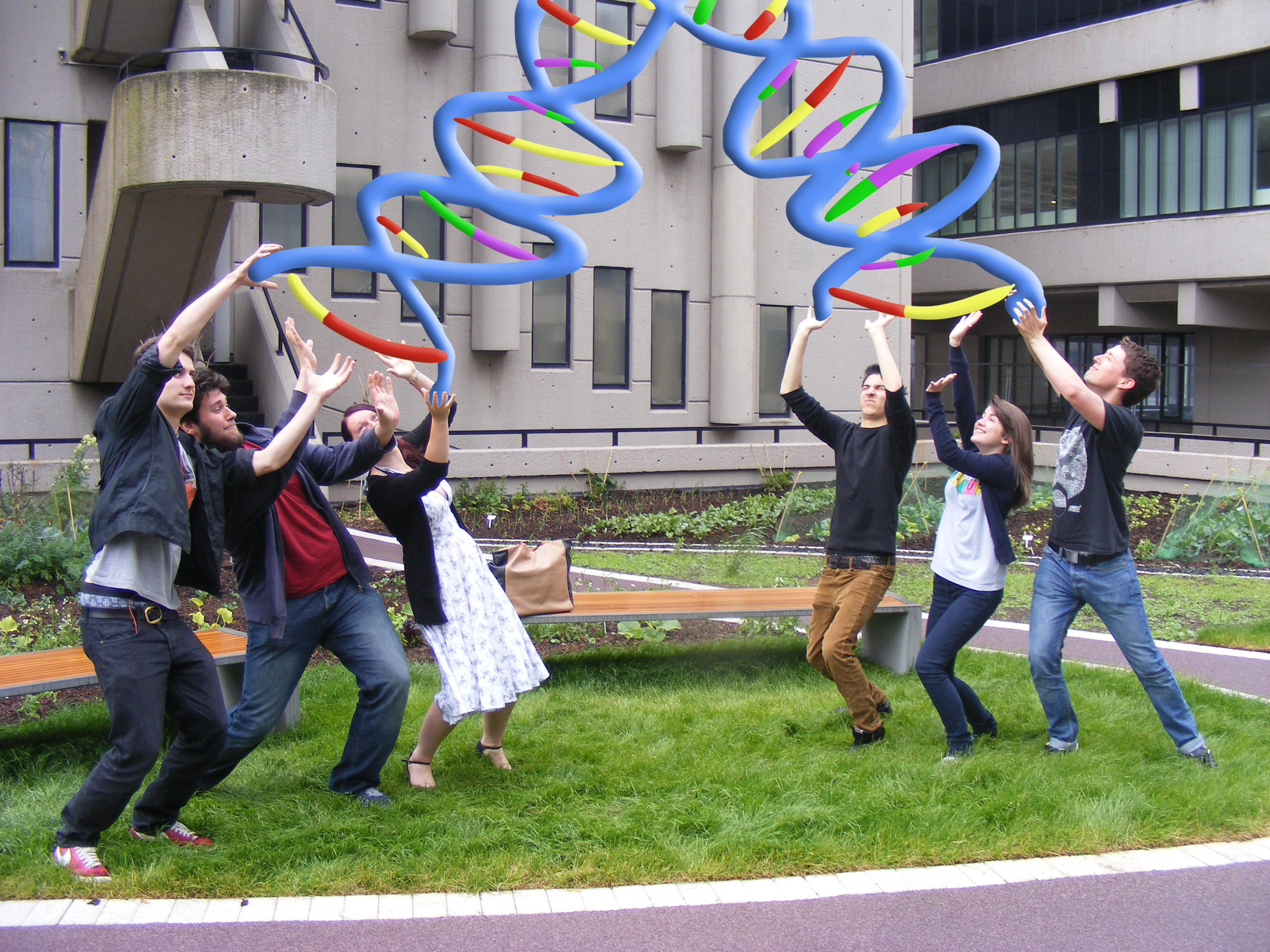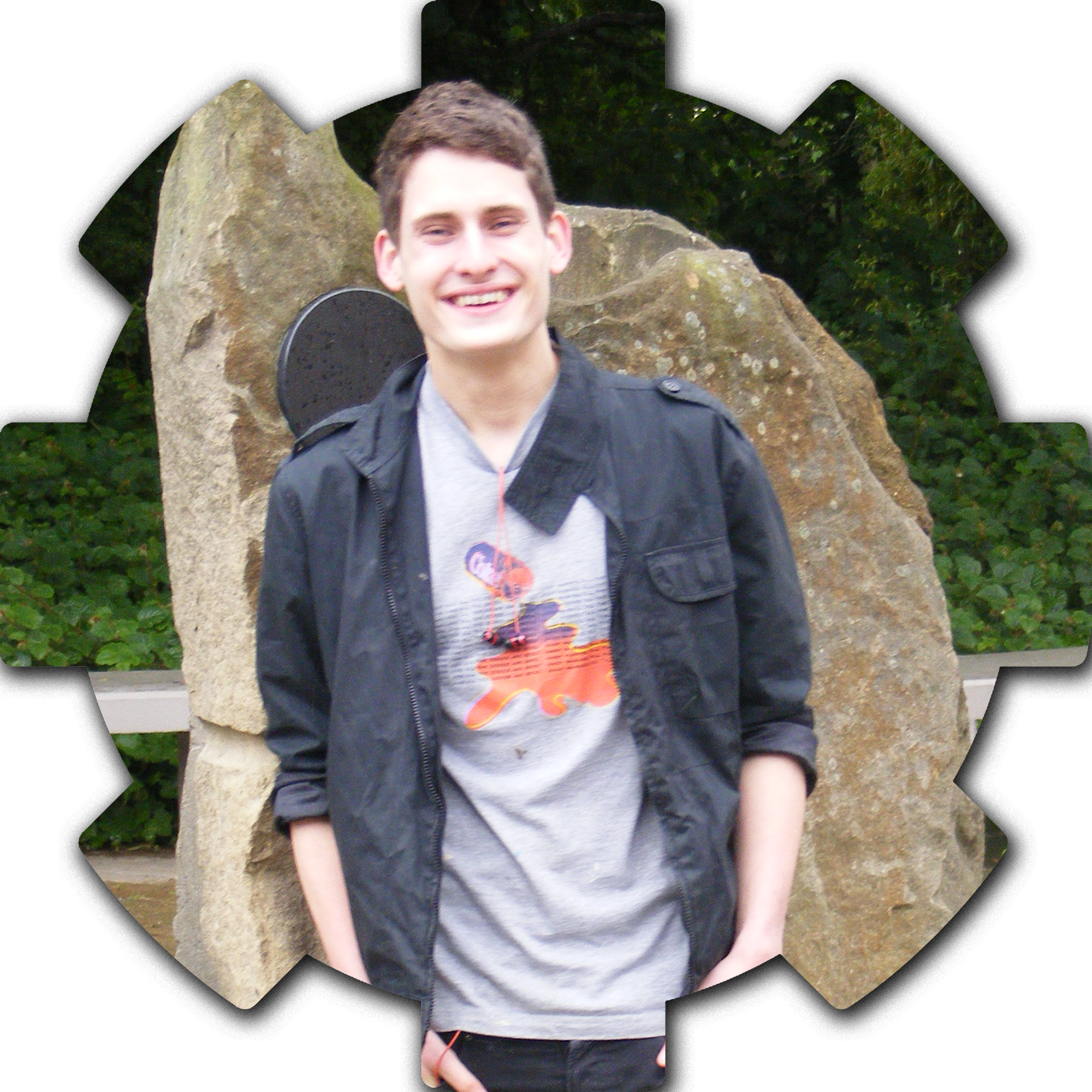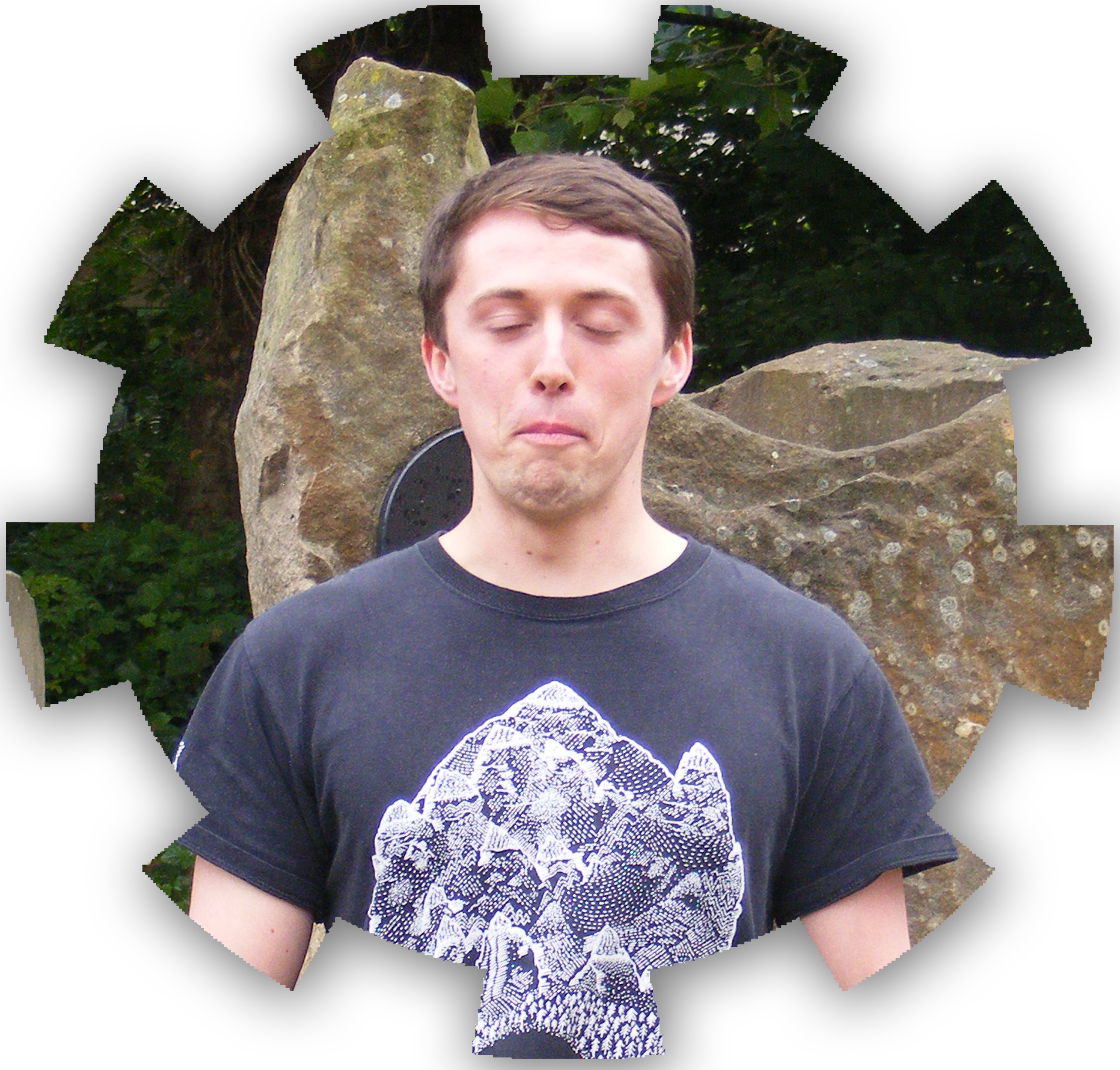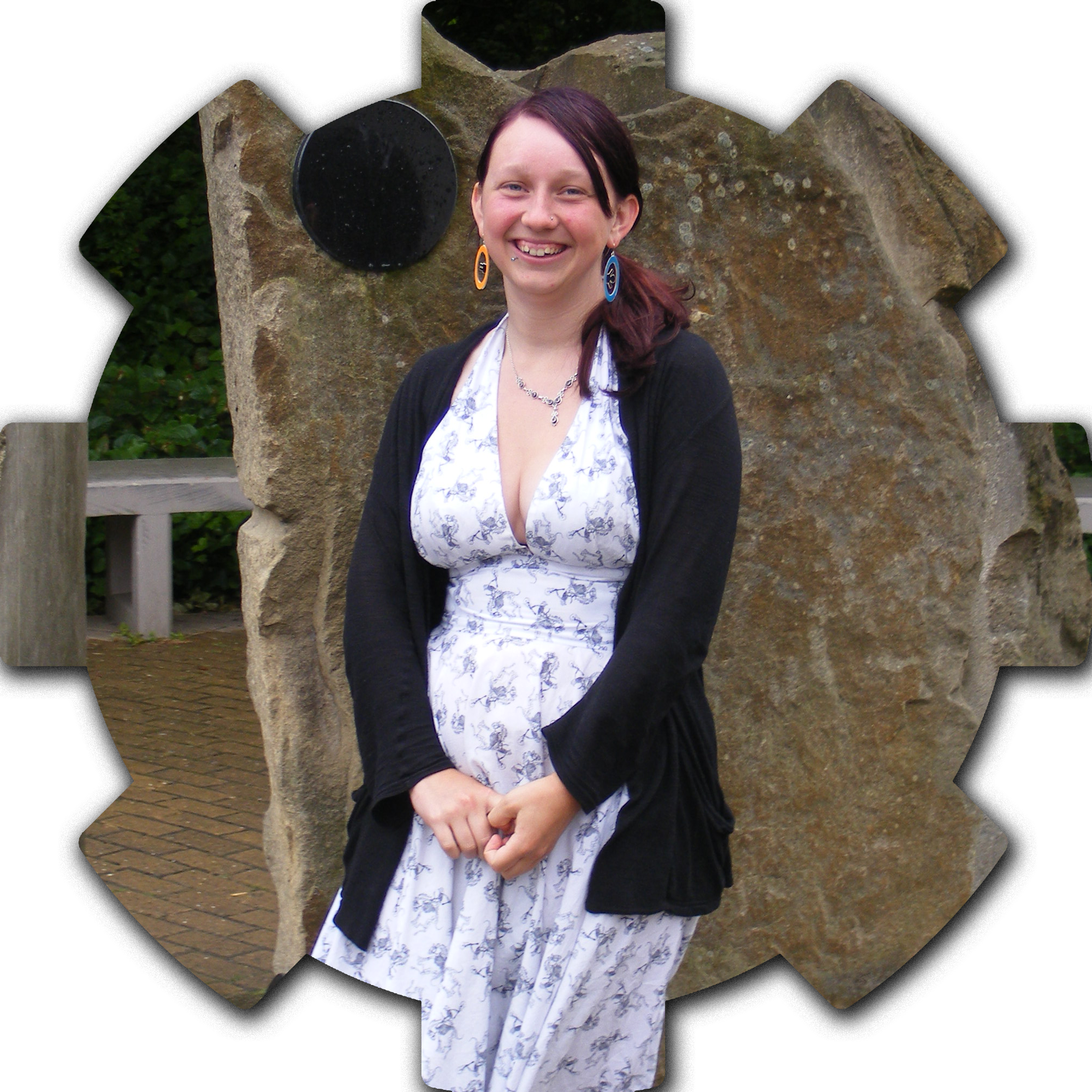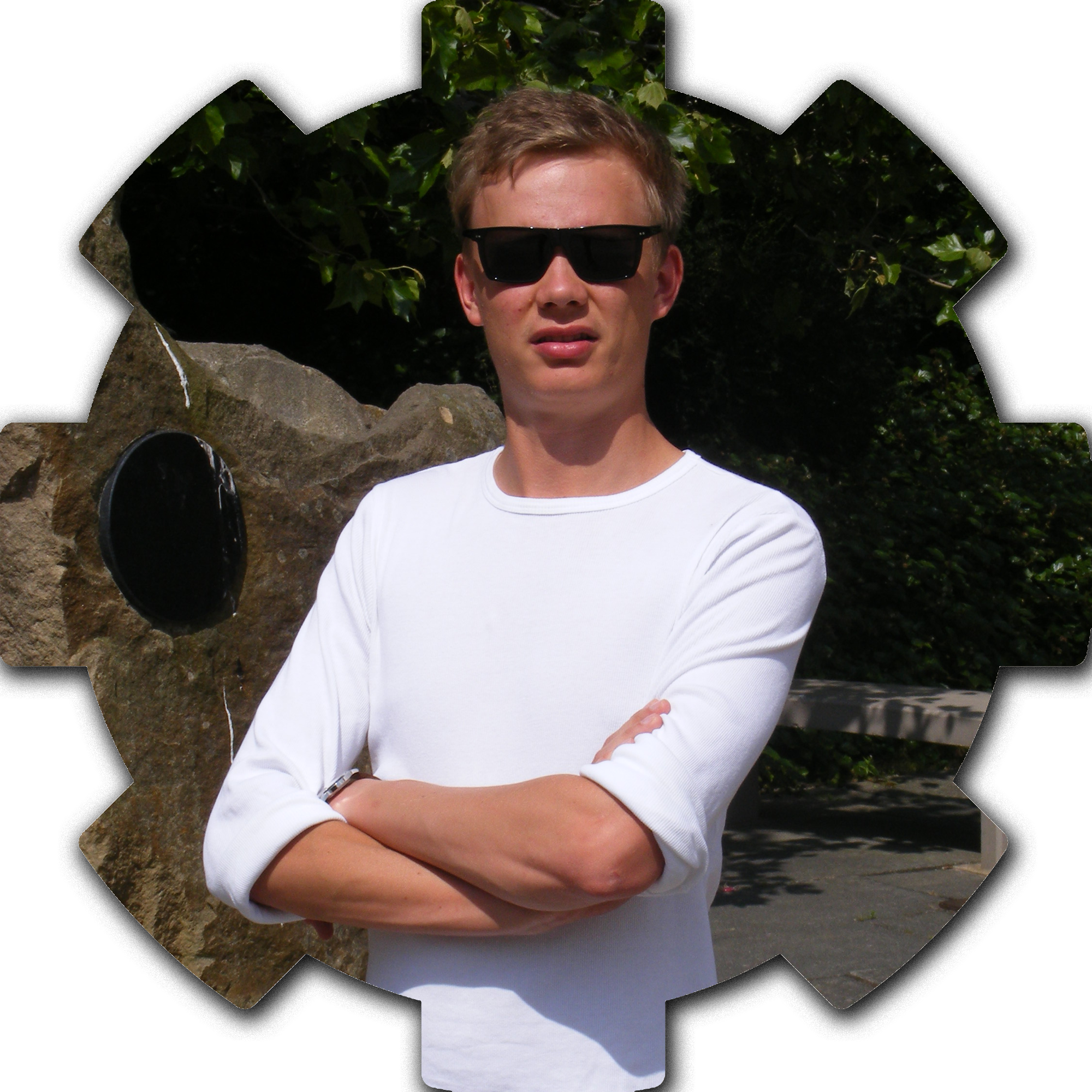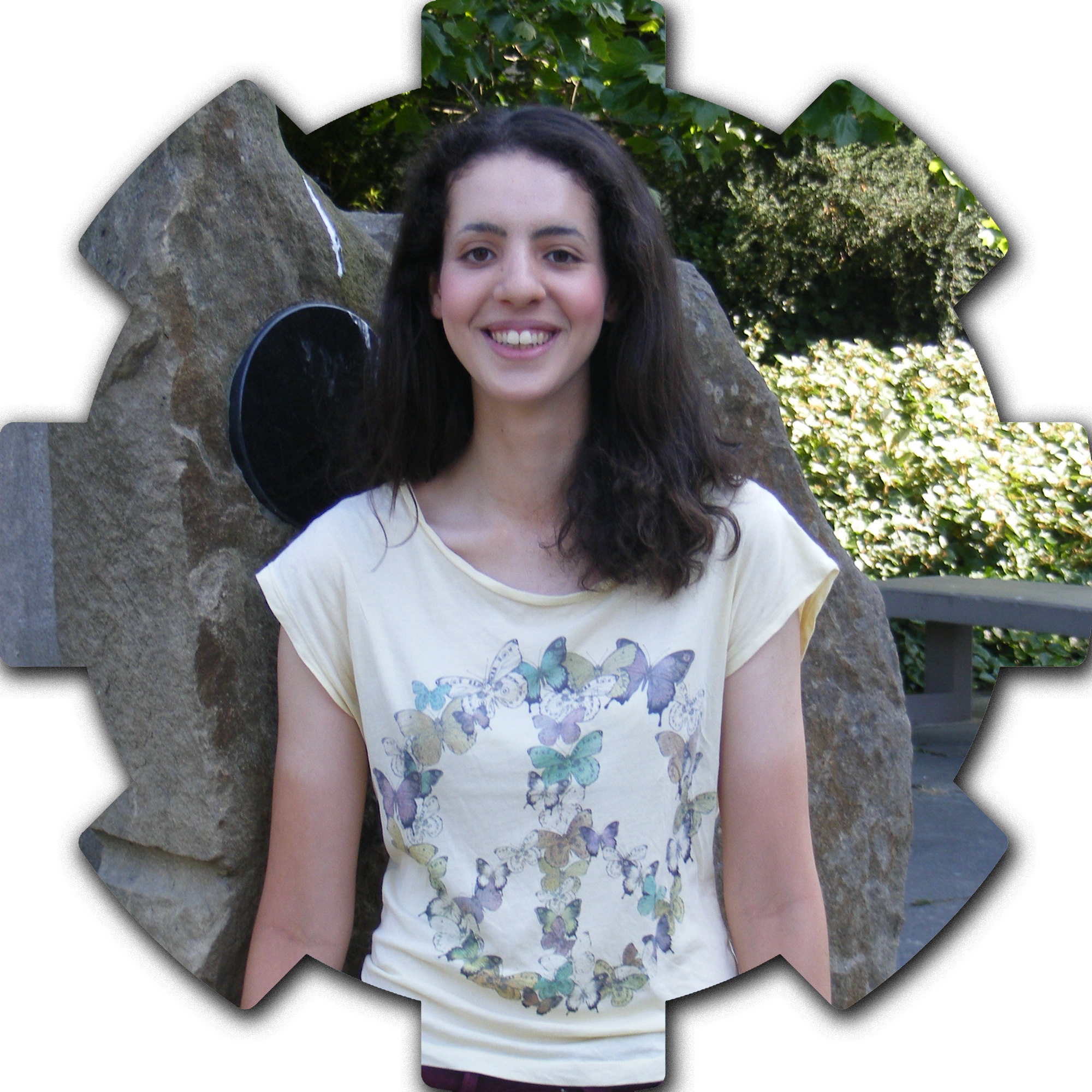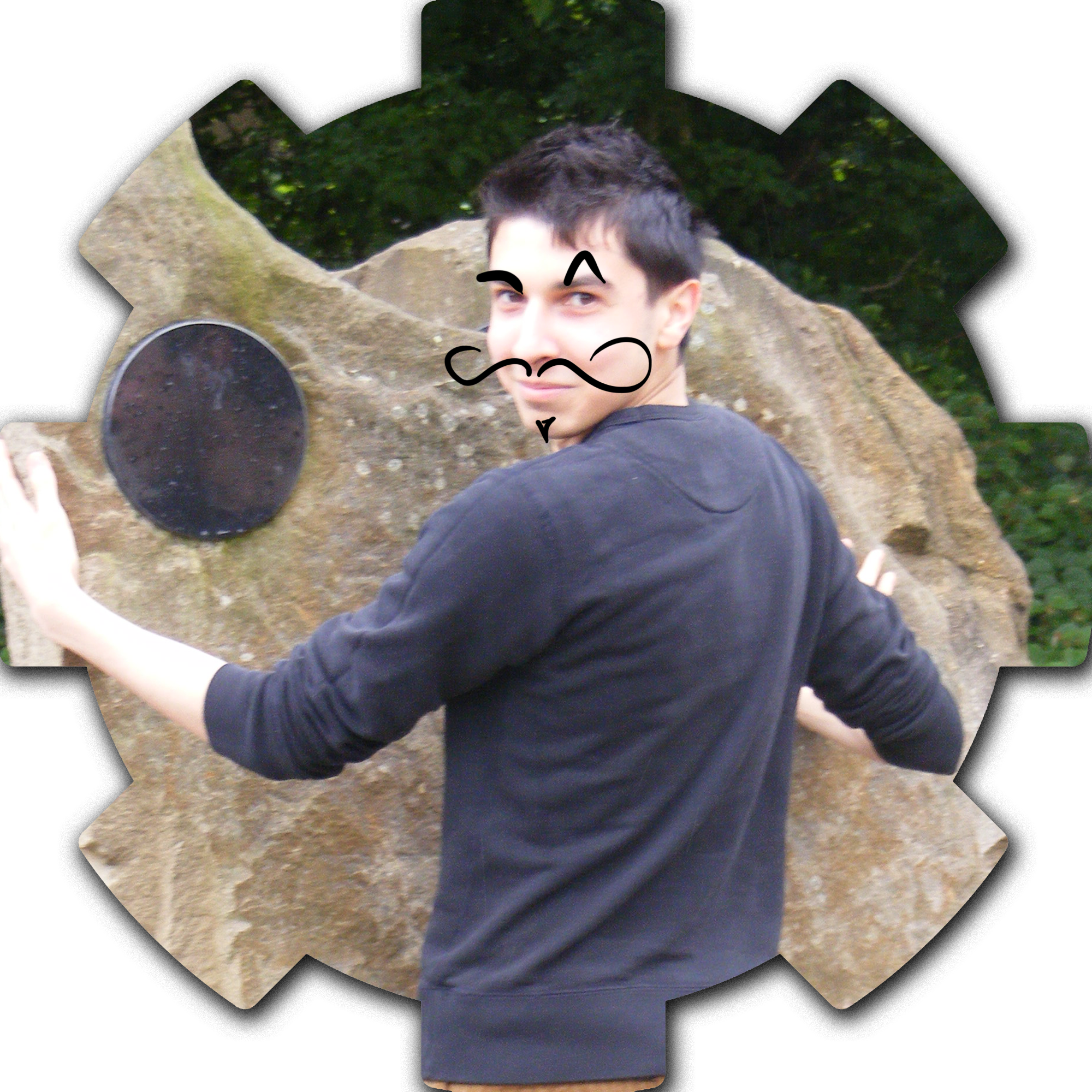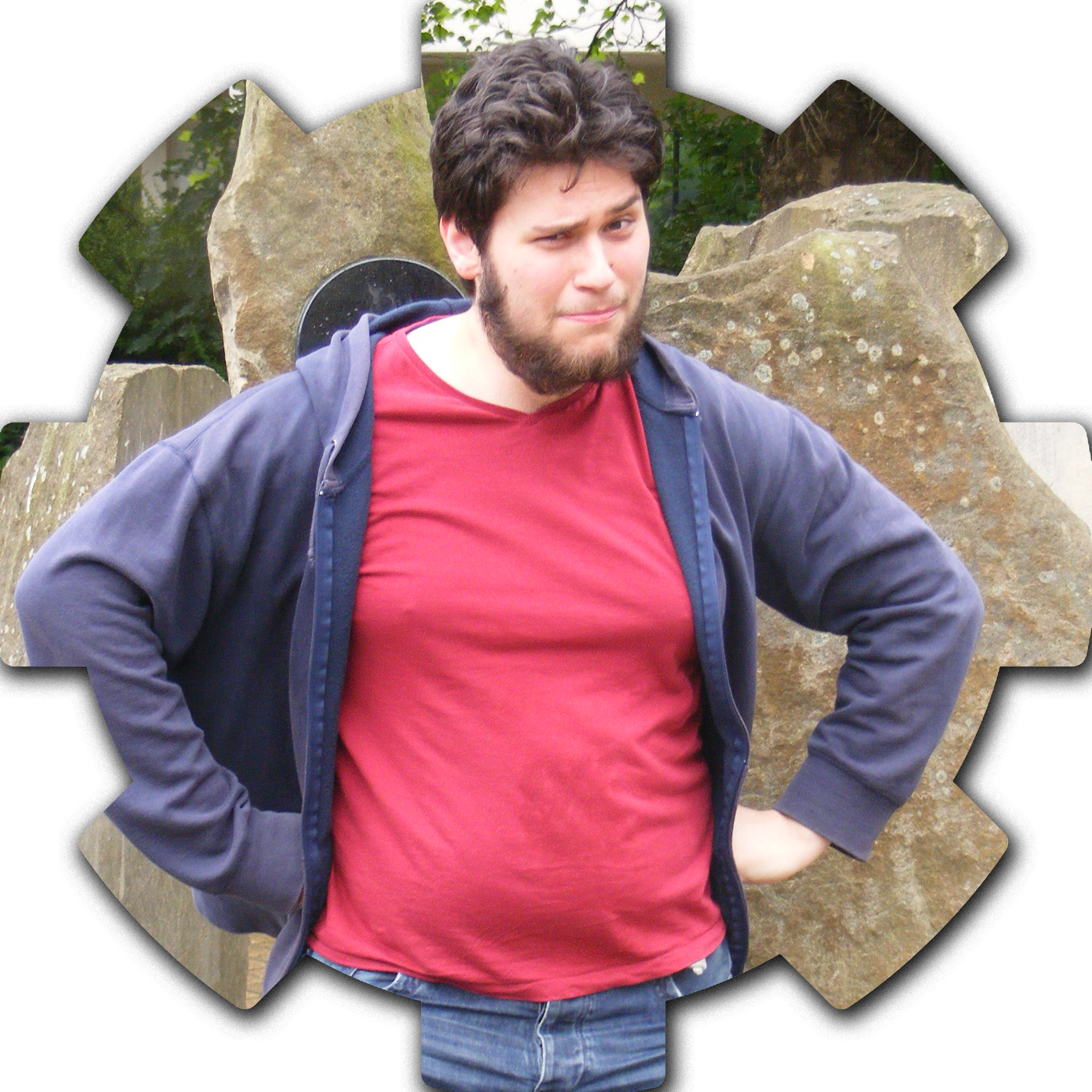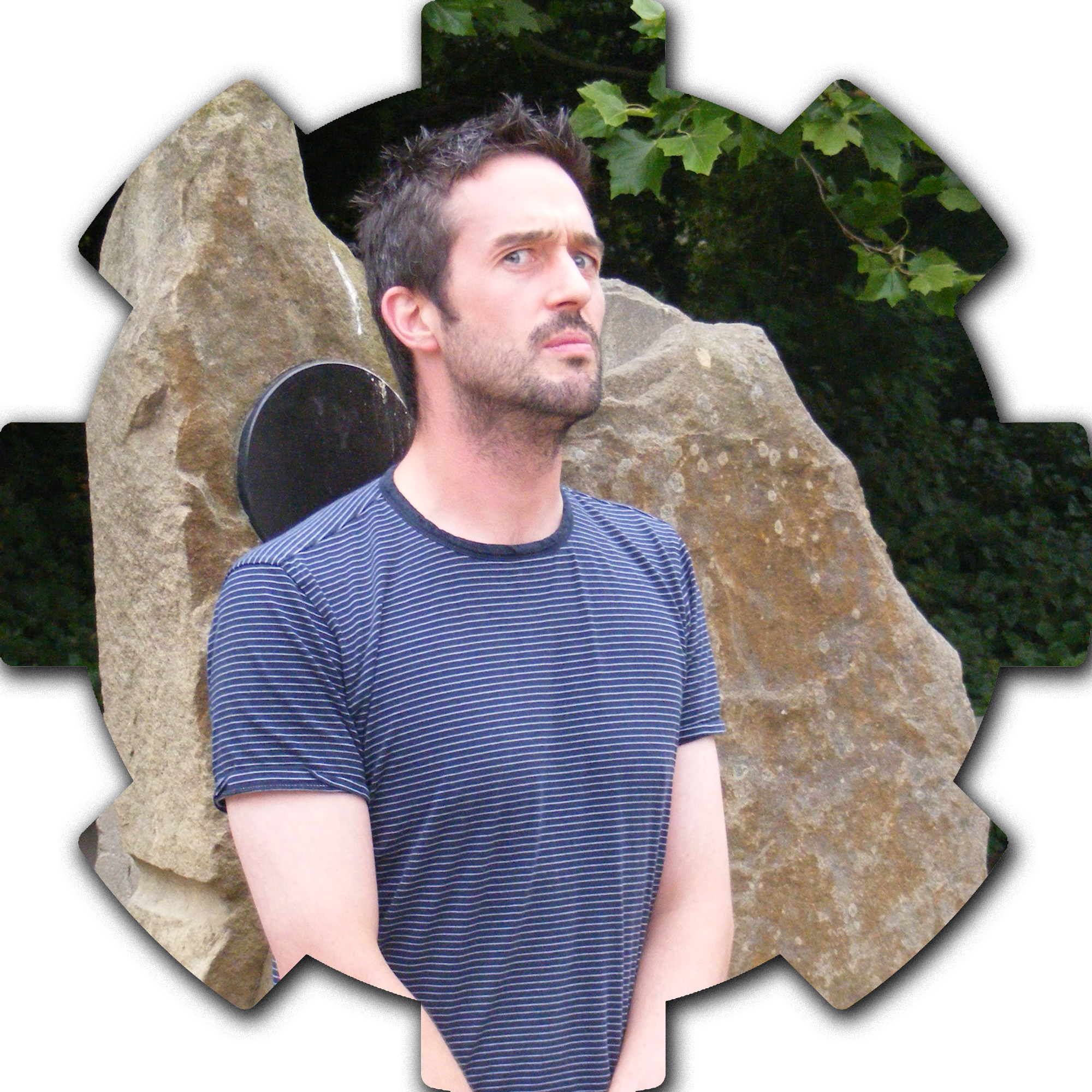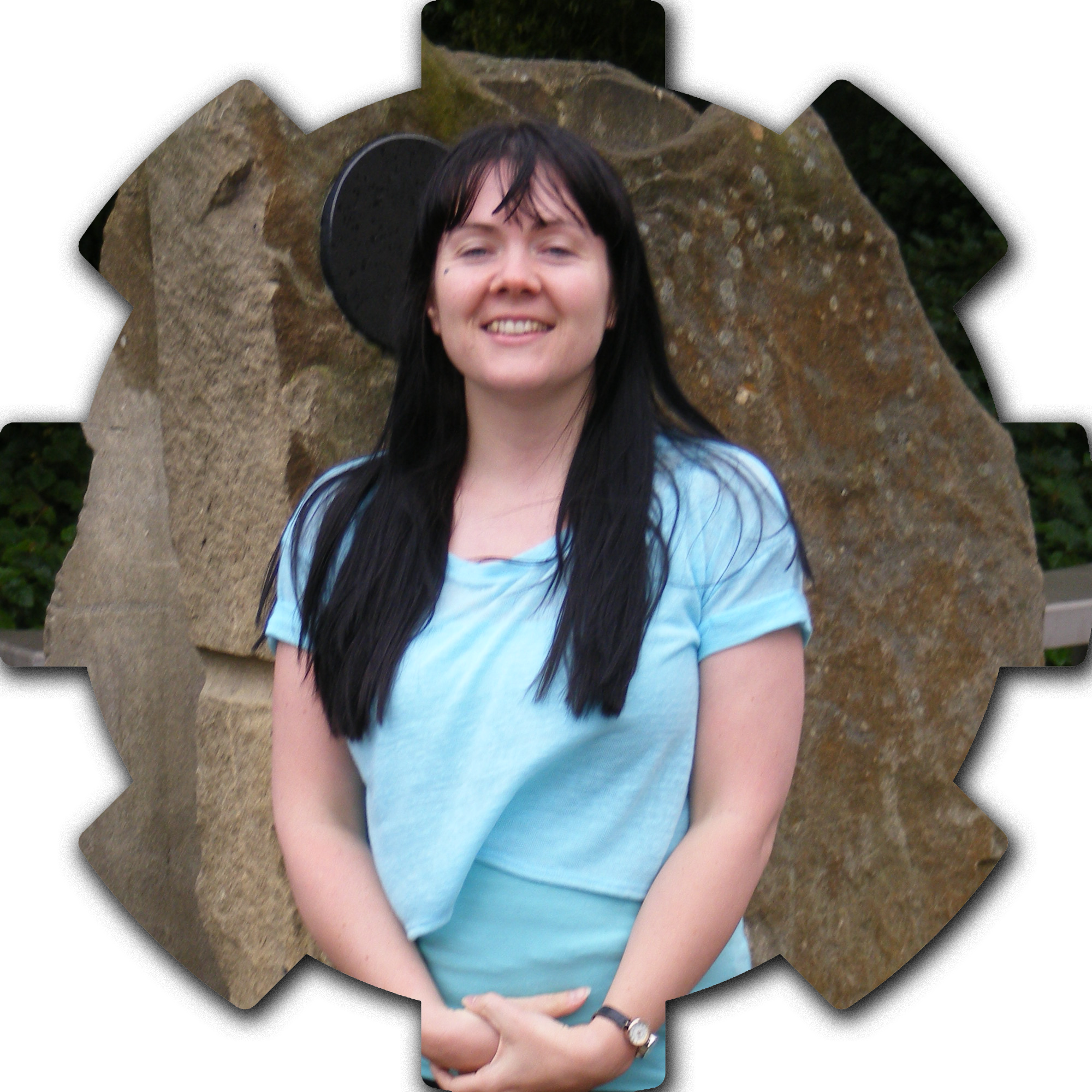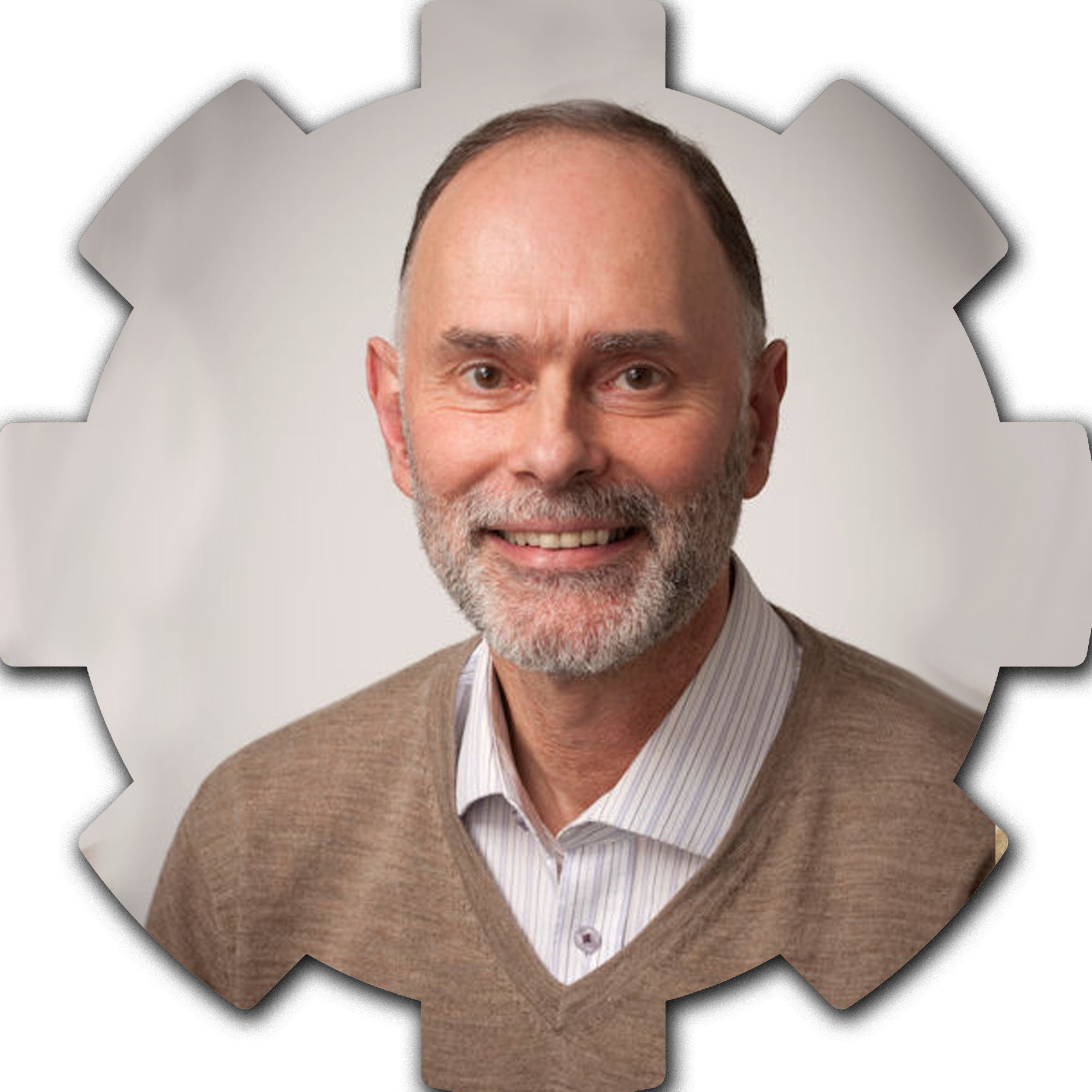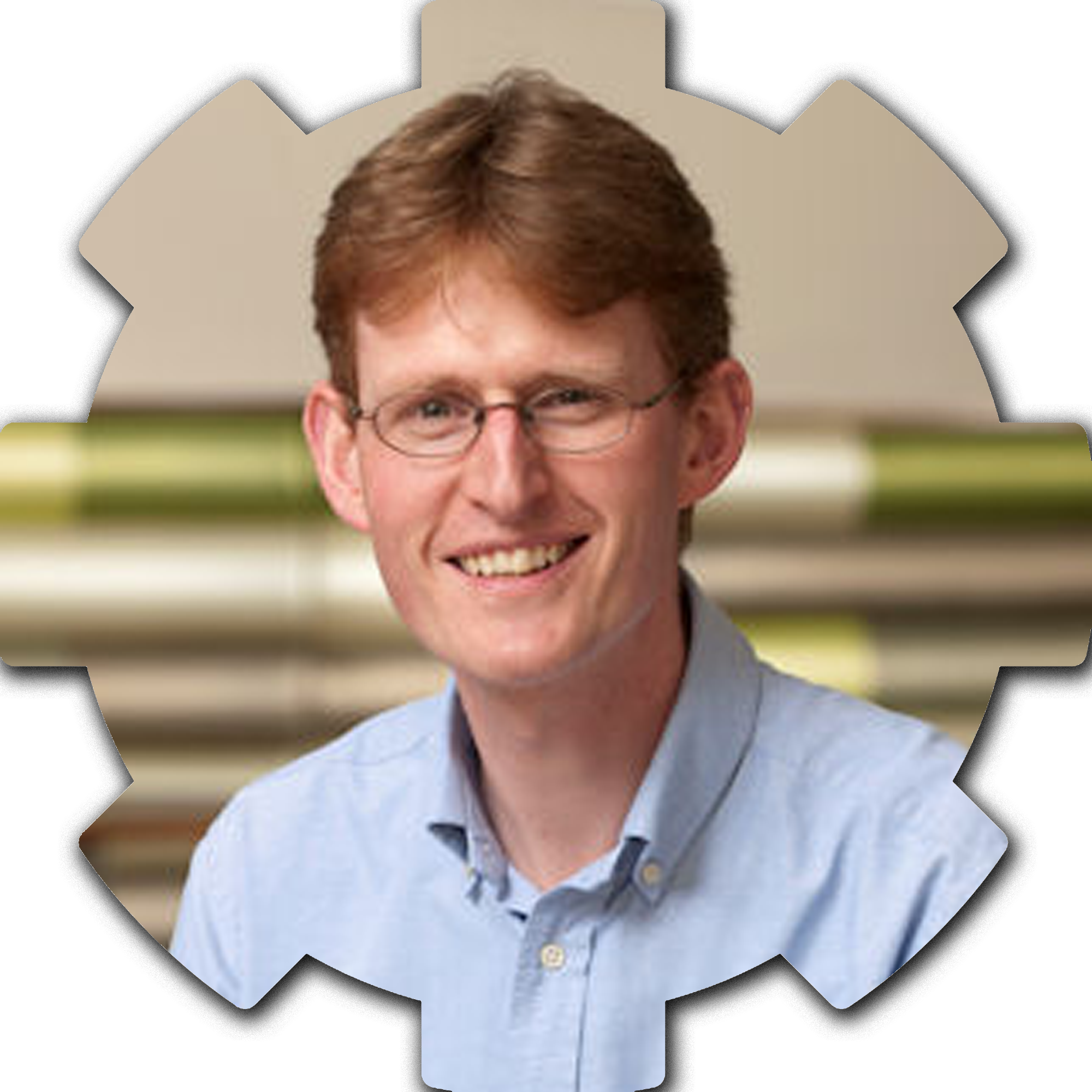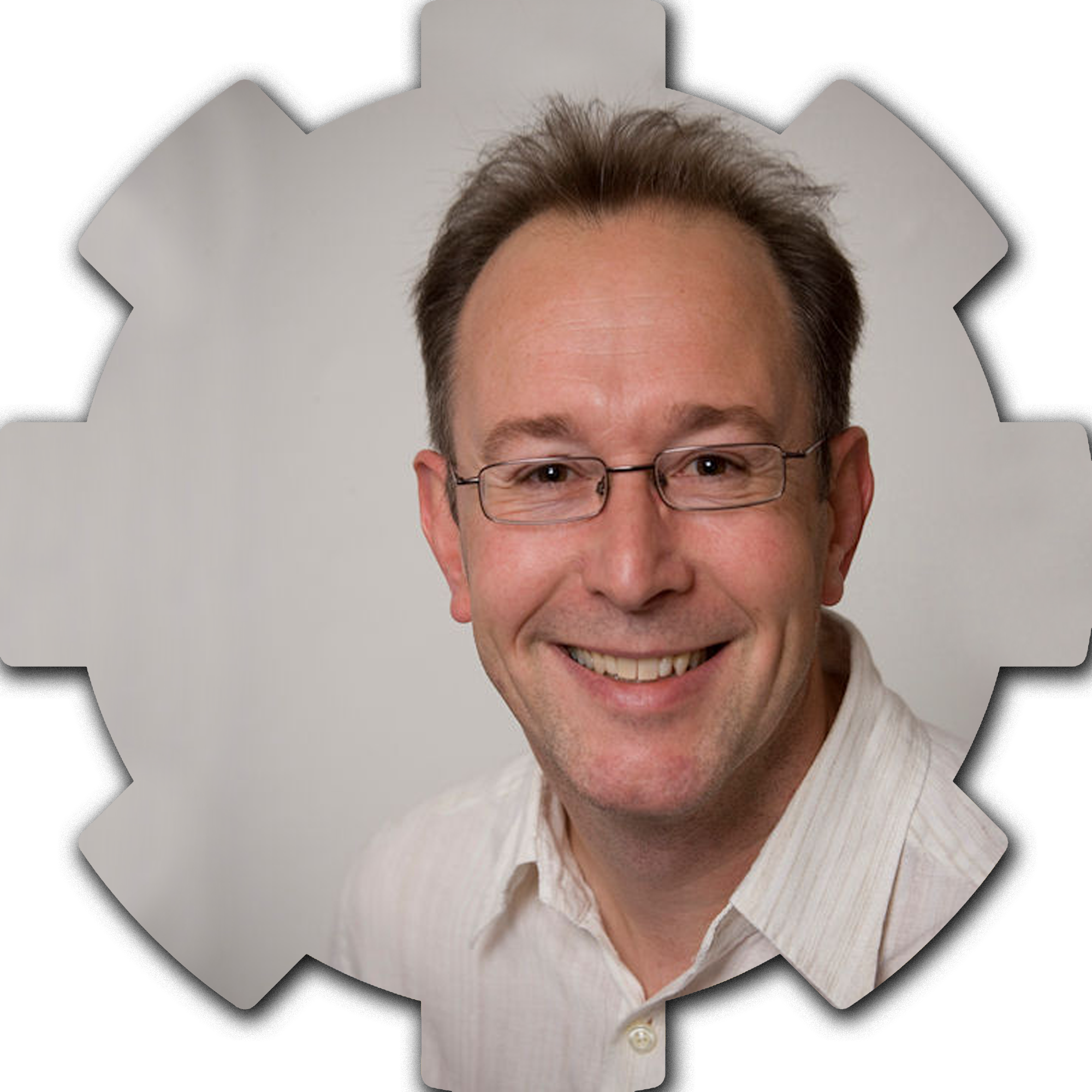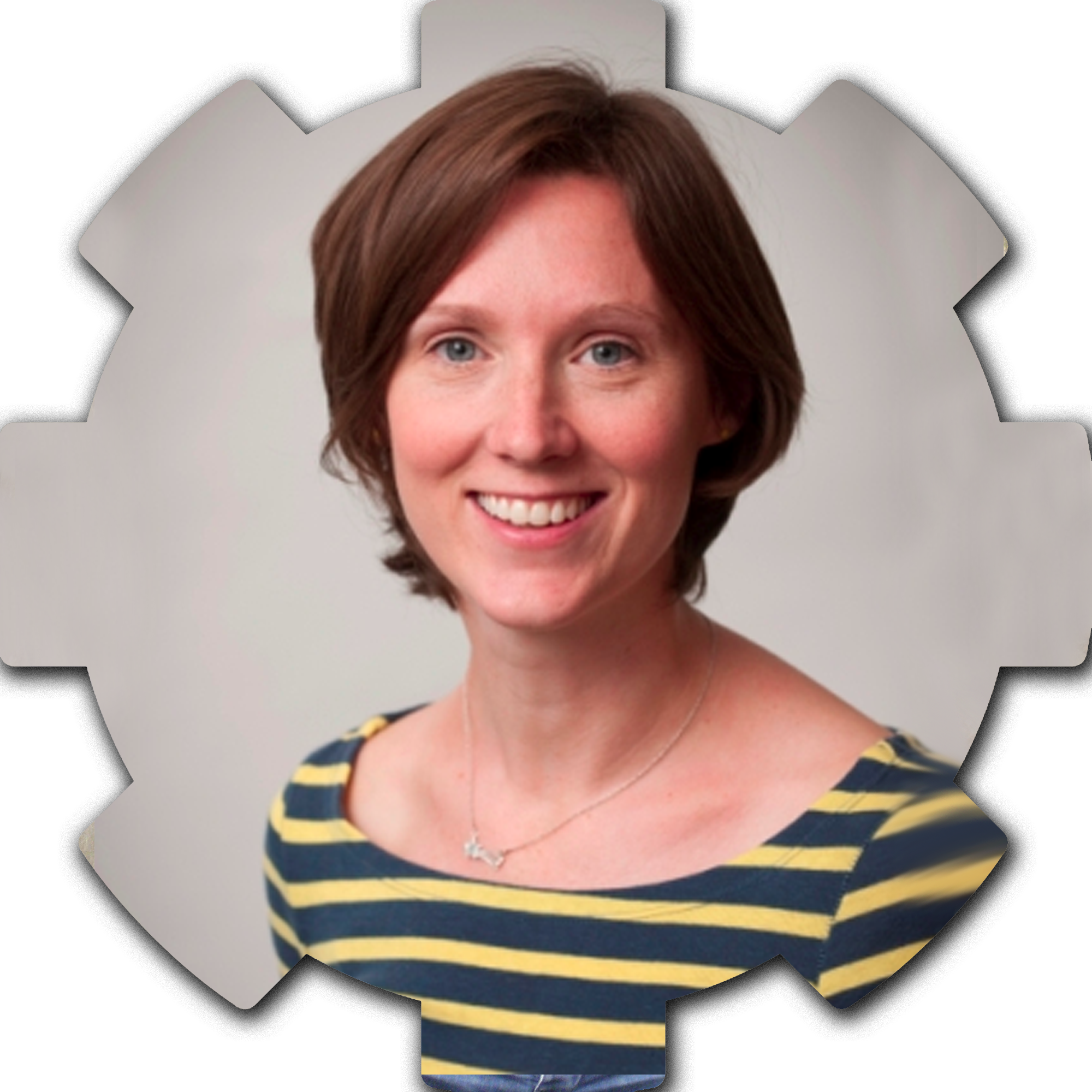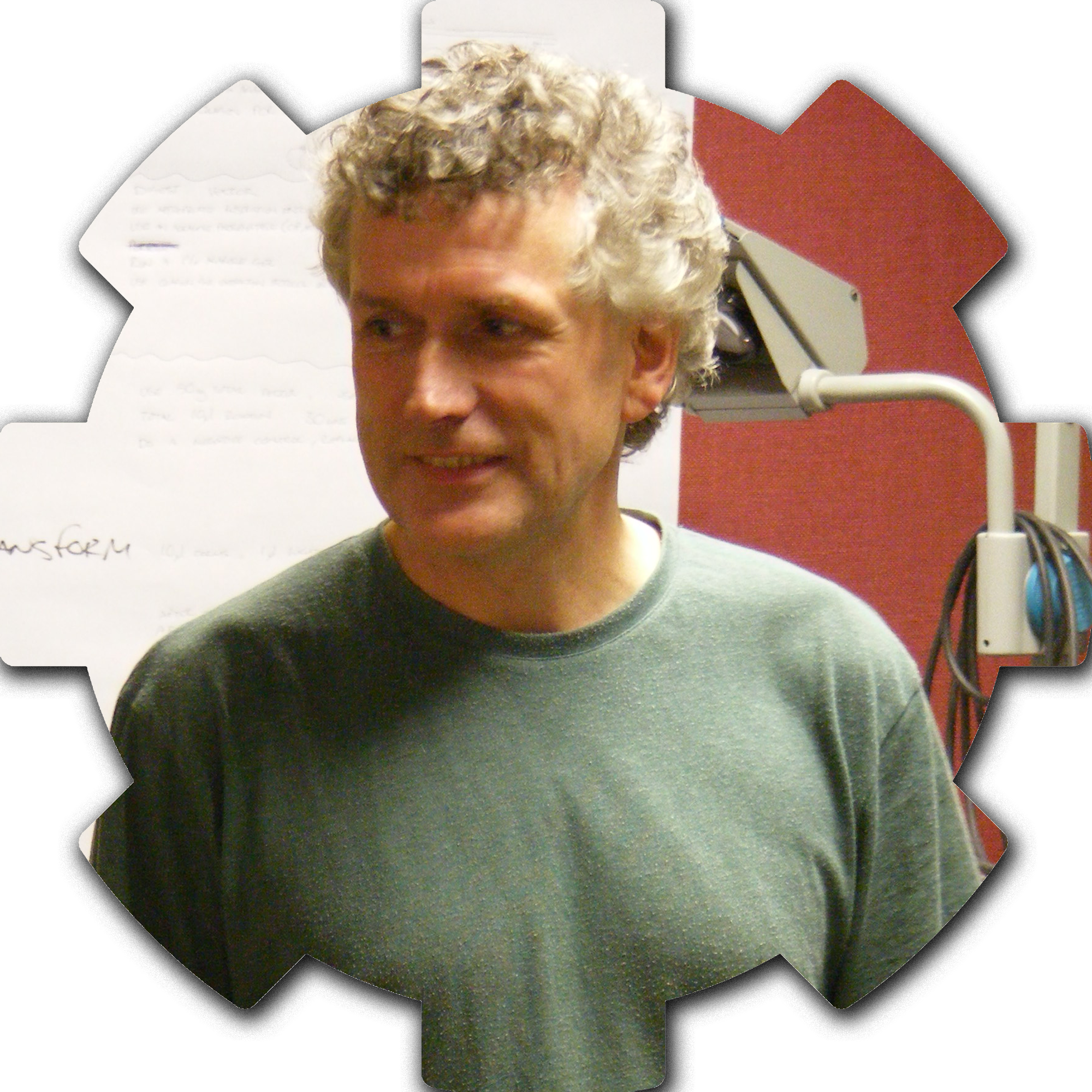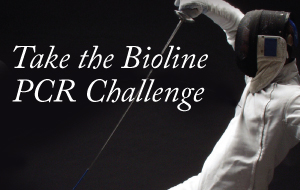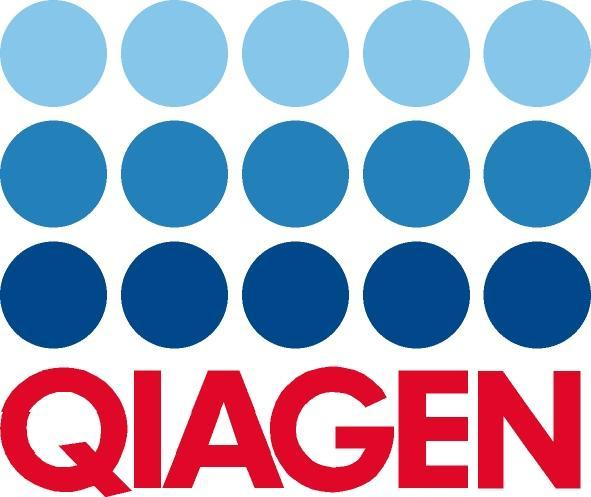Team:Leeds/Team
From 2013.igem.org
m |
|||
| (19 intermediate revisions not shown) | |||
| Line 6: | Line 6: | ||
</head> | </head> | ||
</html> | </html> | ||
| - | |||
__NOTOC__ | __NOTOC__ | ||
| - | {{Team:Leeds_layout|Header=Meet the Team!|content= | + | {{Team:Leeds_layout|HeaderParky=</div>[[File:Leeds_ParkytopProject.png|150px|link=|frameless]]<div>|HeaderImage=[[File:Leeds_teamHeader.png|825px|link|frameless]]|Header=Meet the Team!|content= |
''This is the first year that Leeds University has entered an iGEM team, but hope to build upon it each year. For now, the team consists of 8 students, 2 academic supervisors and a host of helpful people'' | ''This is the first year that Leeds University has entered an iGEM team, but hope to build upon it each year. For now, the team consists of 8 students, 2 academic supervisors and a host of helpful people'' | ||
[[File:Leeds_GroupPhoto.png|center|750px|The Leeds iGEM 2013 Team|frameless]] | [[File:Leeds_GroupPhoto.png|center|750px|The Leeds iGEM 2013 Team|frameless]] | ||
| - | |||
==The Students== | ==The Students== | ||
| - | + | Coming from a variety of backgrounds, the team have written up some bios below to introduce you to who we are and what we do. We may be a small team, but we are definitely big on character! | |
===Emily Taylor=== | ===Emily Taylor=== | ||
[[File:Leeds_ET.png|right|200px|Emily Taylor, biochemist extraordinaire|frameless]]Emily is a second year Biochemistry student at the University of Leeds with a particular interest in proteins and nucleosomes, as well as in the field of immunology. Keen on volunteering, Emily hopes to one day work with elephants and children in Thailand. Emily is an ideal member of the iGEM team, being highly organised, hard working and forward thinking. By the end of the project, Emily hopes to have built upon her lab skills and gain research experience in a more realistic, scientific environment. | [[File:Leeds_ET.png|right|200px|Emily Taylor, biochemist extraordinaire|frameless]]Emily is a second year Biochemistry student at the University of Leeds with a particular interest in proteins and nucleosomes, as well as in the field of immunology. Keen on volunteering, Emily hopes to one day work with elephants and children in Thailand. Emily is an ideal member of the iGEM team, being highly organised, hard working and forward thinking. By the end of the project, Emily hopes to have built upon her lab skills and gain research experience in a more realistic, scientific environment. | ||
<br style="clear:both" /> | <br style="clear:both" /> | ||
===Jonah Ciccone=== | ===Jonah Ciccone=== | ||
| - | [[File:Leeds_JC.png|left|200px|Jonah Ciccone, artist, biochemist and approximately human|frameless]]Jonah is a third year Biochemist who is also passionate about art, music and karate. As well as bringing his scientific knowledge to the plate; Jonah has been put in charge of the team's artistic direction - a wise choice if you take a look through our [[Team:Leeds/Gallery#Leeds iGEM's Adventure to the Big Smoke and YSB 1.0|YSB Escapades]]. <br> | + | [[File:Leeds_JC.png|left|200px|Jonah Ciccone, artist, biochemist and approximately human|frameless]]<p align="justify">Jonah is a third year Biochemist who is also passionate about art, music and karate. As well as bringing his scientific knowledge to the plate; Jonah has been put in charge of the team's artistic direction - a wise choice if you take a look through our [[Team:Leeds/Gallery#Leeds iGEM's Adventure to the Big Smoke and YSB 1.0|YSB Escapades]]. <br> |
| - | Looking to gain further lab experience from the project, he's also keen to delve into the SynBio community. | + | Looking to gain further lab experience from the project, he's also keen to delve into the SynBio community.</p> |
<br style="clear:both" /> | <br style="clear:both" /> | ||
===Joe Beton=== | ===Joe Beton=== | ||
| Line 26: | Line 24: | ||
<br style="clear:both" /> | <br style="clear:both" /> | ||
===Jeni Shoesmith=== | ===Jeni Shoesmith=== | ||
| - | [[File:Leeds_JS.png|left|200px|Jeni Shoesmith, straight-talking proper lass from Yorkshire|frameless]]Jeni is from Yorkshire and is currently starting her second year studying Biochemistry at the University of Leeds. Jeni has a passion for nature and cares for multiple animals at home. She enjoys things such as knitting, sewing and cooking. Jeni has a wide range of skills and is always keen to make use of them. Both her passion for ethics and practical skills make her a valuable member of the iGEM team. | + | [[File:Leeds_JS.png|left|200px|Jeni Shoesmith, straight-talking proper lass from Yorkshire|frameless]]<p align="justify">Jeni is from Yorkshire and is currently starting her second year studying Biochemistry at the University of Leeds. Jeni has a passion for nature and cares for multiple animals at home. She enjoys things such as knitting, sewing and cooking. Jeni has a wide range of skills and is always keen to make use of them. Both her passion for ethics and practical skills make her a valuable member of the iGEM team.</p> |
<br style="clear:both" /> | <br style="clear:both" /> | ||
===Oleg Karpov=== | ===Oleg Karpov=== | ||
| Line 33: | Line 31: | ||
<br style="clear:both" /> | <br style="clear:both" /> | ||
===Sabrina Knight=== | ===Sabrina Knight=== | ||
| - | [[File:Leeds_SK.png|left|200px|Sabrina Knight, the silent protagonist|frameless]]Sabrina studied neuroscience at Leeds because she is interested in how we think, why we think and how it affects our behaviour. Of particular interest is neuropathology, or diseases affecting the brain, which Sabrina is hoping to study further at Imperial when she takes on her Masters. She joined the team because it offered novel and interesting research to get involved in. Although the Team's project does not focus on neurology currently, Sabrina still brings essential skills and 3 years worth of lab experience - not to mention a different viewpoint!<br> | + | [[File:Leeds_SK.png|left|200px|Sabrina Knight, the silent protagonist|frameless]]<p align="justify">Sabrina studied neuroscience at Leeds because she is interested in how we think, why we think and how it affects our behaviour. Of particular interest is neuropathology, or diseases affecting the brain, which Sabrina is hoping to study further at Imperial when she takes on her Masters. She joined the team because it offered novel and interesting research to get involved in. Although the Team's project does not focus on neurology currently, Sabrina still brings essential skills and 3 years worth of lab experience - not to mention a different viewpoint!<br> |
| - | In her spare time, Sabrina enjoys playing and watching sports of all sorts, especially tennis - she was courtside at Wimbledon this year, working as a steward, and even got to meet Andy Murray! | + | In her spare time, Sabrina enjoys playing and watching sports of all sorts, especially tennis - she was courtside at Wimbledon this year, working as a steward, and even got to meet Andy Murray!</p> |
<br style="clear:both" /> | <br style="clear:both" /> | ||
===Daniel Burt (AKA Flipper)=== | ===Daniel Burt (AKA Flipper)=== | ||
| Line 40: | Line 38: | ||
<br style="clear:both" /> | <br style="clear:both" /> | ||
===Paul Turner=== | ===Paul Turner=== | ||
| - | [[File:Leeds_PT.png|left|200px|Hello, Ladies|frameless]]Paul is a 4th year physicist at Leeds and enjoys the problem solving aspects of his degree the most. He has always had a keen interest in science, but is keen to see the practical applications. Some of his heroes include visionaries such as Elon Musk, Gordon Gould and Richard Feynman.< | + | [[File:Leeds_PT.png|left|200px|Hello, Ladies|frameless]]<p align="justify">Paul is a 4th year physicist at Leeds and enjoys the problem solving aspects of his degree the most. He has always had a keen interest in science, but is keen to see the practical applications. Some of his heroes include visionaries such as Elon Musk, Gordon Gould and Richard Feynman.</p> |
| - | Outside of university he enjoys Ten-pin bowling, volleyball, fencing and a few layman interests in history and photography. Paul is good at breaking down complex problems and explaining ideas and concepts to others - an essential skill when friends introduce you as "a physicist"! Other skills Paul brings to the iGEM team are physical experiment design and coding experience for the web and modelling development side of the project.< | + | <p align="justify">Outside of university he enjoys Ten-pin bowling, volleyball, fencing and a few layman interests in history and photography. Paul is good at breaking down complex problems and explaining ideas and concepts to others - an essential skill when friends introduce you as "a physicist"! Other skills Paul brings to the iGEM team are physical experiment design and coding experience for the web and modelling development side of the project.</p> |
| - | As a physicist, he also brings an outside view of Synthetic Biology, and a different approach to measuring data. | + | <p align="justify">As a physicist, he also brings an outside view of Synthetic Biology, and a different approach to measuring data.</p> |
<br style="clear:both" /> | <br style="clear:both" /> | ||
==The Academics== | ==The Academics== | ||
| - | The iGEM team has gained some significant interest from quite a few academics based at Leeds University, and from multiple departments. The team only has two supervisors, but having so many great minds popping by the office certainly adds to the | + | The iGEM team has gained some significant interest from quite a few academics based at Leeds University, and from multiple departments. The team only has two supervisors, but having so many great minds popping by the office certainly adds to the team's resources! |
| - | ===Luke | + | ===Luke Bawazer=== |
| - | [[File:Leeds_LB.png|right|200px|They call me DR. | + | [[File:Leeds_LB.png|right|200px|They call me DR. Bawazer!|frameless]]Luke is a post-doctoral research fellow in the lab of Prof. Fiona Meldrum in the School of Chemistry at University of Leeds. Originally from Ohio, he studied for his PhD at UC Santa Barbara before moving to the UK. He has a wide range of research interests at the interface of materials, chemistry, and biology. Luke is enthusiastic to work with the creative young scientists on Leeds's iGEM team, and looks forward to learning more about Synthetic Biology from and with them. He plays football (or soccer as they say in Ohio) regularly, and listens again and again to Origin of Species in audio format while running and working out in the gym. |
| + | You can watch his recent TED Talk from [http://www.youtube.com/watch?v=BljY3_i3gfw TEDxWarwick here] | ||
<br style="clear:both" /> | <br style="clear:both" /> | ||
===James Ross=== | ===James Ross=== | ||
| - | [[File:Leeds_JR.png|left|200px|James Ross, cooking up some GMOs|frameless]]James Ross started out his adult life as a chef for seven years including a three year stint as Head Chef. A career change, to fulfill his childhood dreams, led him to the University of Liverpool for an undergraduate course in Molecular Biology with Industry in which he achieved a first class degree. During this time he completed a one year placement with Pfizer in X-ray Crystallography and biophysical characterisation of protein-ligand complexes. James also undertook a ten week summer studentship making cDNA libraries and conducting sequencing studies at the University of Liverpool. Upon completion of his undergraduate, James was awarded a four year Wellcome Trust sponsored PhD at the University of Leeds. | + | [[File:Leeds_JR.png|left|200px|James Ross, cooking up some GMOs|frameless]]<p align="justify">James Ross started out his adult life as a chef for seven years including a three year stint as Head Chef. A career change, to fulfill his childhood dreams, led him to the University of Liverpool for an undergraduate course in Molecular Biology with Industry in which he achieved a first class degree. During this time he completed a one year placement with Pfizer in X-ray Crystallography and biophysical characterisation of protein-ligand complexes. James also undertook a ten week summer studentship making cDNA libraries and conducting sequencing studies at the University of Liverpool. Upon completion of his undergraduate, James was awarded a four year Wellcome Trust sponsored PhD at the University of Leeds.</p> |
<br style="clear:both" /> | <br style="clear:both" /> | ||
===Sarah Deacon=== | ===Sarah Deacon=== | ||
| - | [[File:Leeds_SED.png|right|200px|Dr. Sarah Elizabeth Deacon, always stylish|frameless]]' | + | [[File:Leeds_SED.png|right|200px|Dr. Sarah Elizabeth Deacon, always stylish|frameless]]Originally from Harrogate, Sarah attained her BSc in Applied and Analytical Chemistry at Huddersfield, then moved on to her PhD in Molecular and Cellular Biology at Leeds, where she has since remained as part of the [http://www.mpsi.ac.uk/ Membrane Proetien Structure initiative (MPSi)]. The MPSi consortium develops techniques and resources for high throughput methods for the expression, purification, crystallisation and structure determination of integral membrane proteins, and Dr. Deacon's work within this looks at the development of antibody mimetics for clinical diagnostics. Sarah regularly works alongside [[Team:Leeds/Team#Michael McPherson|Prof. Mike McPherson]] to this end, and her ample knowledge of antibody interactions is a great boon for the team.<br> |
| + | If she's not too busy in her lab, Dr. Deacon often pops by to check in on the team, and is a reassuring face to see - and not only because she often comes bearing gifts of fresh coffee and biscuits! | ||
<br style="clear:both" /> | <br style="clear:both" /> | ||
===Michael McPherson=== | ===Michael McPherson=== | ||
| - | [[File:Leeds_MM.png|left|200px|Professor Mike McFEARSOME|frameless]] | + | [[File:Leeds_MM.png|left|200px|Professor Mike McFEARSOME|frameless]]<p align="justify">Mike's background is molecular biology and in particular protein engineering. His current research focuses on (a) selection and applications of Adhiron artificial binding proteins (b) metalloenzymes and specifically copper containing oxidases (c) self assembling peptides (d) membrane proteins (e) synthetic biology.</p> |
| + | <br style="clear:both" /> | ||
| + | ===Bruce Turnbull=== | ||
| + | [[File:Leeds_BTB.png|right|200px|Dr. Bruce Turnbull|frameless]] Bruce's interests lie at the interface of carbohydrate chemistry and molecular glycobiology. In his work he combines synthetic chemistry and biophysical techniques to study carbohydrate-binding proteins. Although such interactions are essential for many normal biological processes, they also facilitate viral and bacterial infection, cancer metastasis, and entry into cells by bacterial toxin proteins. He is investigating the interactions between cholera toxin and cell surface oligosaccharides, and using this information to design small molecule inhibitors of cholera toxin using fragment-based approaches. | ||
<br style="clear:both" /> | <br style="clear:both" /> | ||
===Steve Evans=== | ===Steve Evans=== | ||
| - | [[File:Leeds_SDE.png| | + | [[File:Leeds_SDE.png|left|200px|Professor Steve Evans|frameless]]<p align="justify">Aside from being one of the nicest guys you'll ever meet, Steve is also head of the eponymous [http://www.mnp.leeds.ac.uk/sdevans/Evans_Group.html Evans Group,] which focuses upon the physics of self organising molecular systems. OF particular interest at the moment are lipid microbubbles and membranes, and bio-functionalised inorganic surfaces. Study of the systems is varied, inlcuding the analysis of the physical transport of metabolites across systems which directly relates to our fundamental understanding of cellular biology and systems. Additonally, Professor Evans is interested in the manipulation of biological sensing mechanisms, with current work that has successfully incorporated bovine rhodopsin into an artificial membrane assembly for use in optical spectroscopic devices, and other work using actin filaments to create synthetic ''villi'' within Giant Unilamellar Vesicles.</p> |
| + | <br style="clear:both" /> | ||
| + | ===Fiona Meldrum=== | ||
| + | [[File:Leeds_FM.png|right|200px|Professor Fiona Meldrum|frameless]]Professor Meldrum's research interests fall under the general category of materials chemistry, but are particularly focused on crystal growth. The [http://www1.chem.leeds.ac.uk//FCM/ Meldrum Group] is examining methods to produce crystals with defined properties, controlling their size, morphology, organisation and mechanical properties. Within this topic there is considerable emphasis on biological crystallisation processes, hence natural structures such as seashells, bones and teeth are used as an inspiration for the development of novel crystal growth strategies. These experiments also enable better understanding of natural crystal growth phenomena. The borad range of projects within the group call for a broad range of analytical techniques including scanning and transmission electron microscopy, Raman microscopy and X-ray diffraction. | ||
| + | Fiona works closely with [[Team:Leeds/Team#Luke Bawazer|Dr. Bawazer]], devloping micro-fluidic techniques to control aqueous biomineralisation reactions. | ||
<br style="clear:both" /> | <br style="clear:both" /> | ||
===Lorna Dougan=== | ===Lorna Dougan=== | ||
| - | [[File:Leeds_LD.png|left|200px|Dr. Lorna Dougan, tardigrade superfan|frameless]]After gaining her doctorate on aqueous alcohol solutions using neutron diffraction at Edinburgh, Lorna spent 3 years as a Postdoctoral Research Associate in Biological Sciences at Columbia University, USA. Coming to Leeds in 2009, Dr. Dougan lectures in biological physics, and specializes in extremophiles - organisms that survive in extreme conditions. In 2010, Lorna received an ERC Fellowship, and now heads up the [http://www.mnp.leeds.ac.uk/ldougan/index.html Dougan Group]. The group does research in many different areas, from life in extreme environments, to single-molecule manipulation to molecular self assembly and even cryo-preservation. The group make extensive use of Atomic Force Microscopes to study protein folding within extremophiles, as well as multiple techniques for analysis of lipid or amphiphillic systems, which frequently self assemble. This is important for the study of life, as these self assembling systems are the pre-cursors to cell formation, while understanding the energy landscape of a protein highlights how it affects its properties in varying environments.<br> | + | [[File:Leeds_LD.png|left|200px|Dr. Lorna Dougan, tardigrade superfan|frameless]]<p align="justify">After gaining her doctorate on aqueous alcohol solutions using neutron diffraction at Edinburgh, Lorna spent 3 years as a Postdoctoral Research Associate in Biological Sciences at Columbia University, USA. Coming to Leeds in 2009, Dr. Dougan lectures in biological physics, and specializes in extremophiles - organisms that survive in extreme conditions. In 2010, Lorna received an ERC Fellowship, and now heads up the [http://www.mnp.leeds.ac.uk/ldougan/index.html Dougan Group]. The group does research in many different areas, from life in extreme environments, to single-molecule manipulation to molecular self assembly and even cryo-preservation. The group make extensive use of Atomic Force Microscopes to study protein folding within extremophiles, as well as multiple techniques for analysis of lipid or amphiphillic systems, which frequently self assemble. This is important for the study of life, as these self assembling systems are the pre-cursors to cell formation, while understanding the energy landscape of a protein highlights how it affects its properties in varying environments.<br> |
| - | Lorna is also very active within the Institute of Physics and the Astrobiology Society, recently giving lectures on [http://www.eventsforce.net/iop/frontend/reg/tOtherPage.csp?pageID=110767&ef_sel_menu=2385&eventID=272&eventID=272 single molecule approaches to protein analysis] and [http://astrobio.oma.be/pdf/meeting1_2013.pdf Extremophiles and extra-terrestial life] respectively. | + | Lorna is also very active within the Institute of Physics and the Astrobiology Society, recently giving lectures on [http://www.eventsforce.net/iop/frontend/reg/tOtherPage.csp?pageID=110767&ef_sel_menu=2385&eventID=272&eventID=272 single molecule approaches to protein analysis] and [http://astrobio.oma.be/pdf/meeting1_2013.pdf Extremophiles and extra-terrestial life] respectively.</p> |
<br style="clear:both" /> | <br style="clear:both" /> | ||
===Chris Jones=== | ===Chris Jones=== | ||
| - | [[File:Leeds_CJ.png|right|200px|Dr. Chris Jones, Lab-King, doling out the Chloramphenicol|frameless]] | + | [[File:Leeds_CJ.png|right|200px|Dr. Chris Jones, Lab-King, doling out the Chloramphenicol|frameless]] Responsible for the delivery of undergraduate practical classes for Biochemistry and Microbiology teaching programmes. Management of the Garstang teaching laboratories, timetabling of classes and liaison with academic staff to develop or modify practical classes. |
| + | ===Janet Tingle=== | ||
| + | Janet is a chipper and very helpful technician in the Garstang Labs - and guaranteed to be more awake than the rest of the team first thing in the morning! Sadly, we were not able to capture her elusive self on film, most likely because she was too busy helping us out. | ||
<br style="clear:both" /> | <br style="clear:both" /> | ||
}} | }} | ||
Latest revision as of 01:34, 5 October 2013
This is the first year that Leeds University has entered an iGEM team, but hope to build upon it each year. For now, the team consists of 8 students, 2 academic supervisors and a host of helpful people
The StudentsComing from a variety of backgrounds, the team have written up some bios below to introduce you to who we are and what we do. We may be a small team, but we are definitely big on character! Emily TaylorEmily is a second year Biochemistry student at the University of Leeds with a particular interest in proteins and nucleosomes, as well as in the field of immunology. Keen on volunteering, Emily hopes to one day work with elephants and children in Thailand. Emily is an ideal member of the iGEM team, being highly organised, hard working and forward thinking. By the end of the project, Emily hopes to have built upon her lab skills and gain research experience in a more realistic, scientific environment.
Jonah CicconeJonah is a third year Biochemist who is also passionate about art, music and karate. As well as bringing his scientific knowledge to the plate; Jonah has been put in charge of the team's artistic direction - a wise choice if you take a look through our YSB Escapades.
Joe BetonA second year Biochemist, Joe has joined iGEM to pursue his passion, Synthetic Biology, to work creatively in the lab and to improve his public speaking skills. Outside his scientific escapades, Joe plays multiple musical instruments and is generally woofing around like the big dog he is.Joe is looking forward to making new discoveries, helping lead the Leeds iGEM team and have an exciting summer.
Jeni ShoesmithJeni is from Yorkshire and is currently starting her second year studying Biochemistry at the University of Leeds. Jeni has a passion for nature and cares for multiple animals at home. She enjoys things such as knitting, sewing and cooking. Jeni has a wide range of skills and is always keen to make use of them. Both her passion for ethics and practical skills make her a valuable member of the iGEM team.
Oleg KarpovOleg grew up in Russia, graduated High School in The Netherlands and is now studying Medical Biochemistry in Leeds. Outside of scientific research he enjoys making music, travelling around the world and sports. The opportunity to be part of the iGEM team this summer allows Oleg to gain a deeper knowledge and understanding of the world of Synthetic Biology.He wishes to pursue a career either in the professional sciences or run a surf shack on a beach in Mexico. Either or really.
Sabrina KnightSabrina studied neuroscience at Leeds because she is interested in how we think, why we think and how it affects our behaviour. Of particular interest is neuropathology, or diseases affecting the brain, which Sabrina is hoping to study further at Imperial when she takes on her Masters. She joined the team because it offered novel and interesting research to get involved in. Although the Team's project does not focus on neurology currently, Sabrina still brings essential skills and 3 years worth of lab experience - not to mention a different viewpoint!
Daniel Burt (AKA Flipper)Daniel is a nanotechnology student, computer geek and gamer. He is from London and is half Indian. Daniel is a technology super-fan and good at fixing things as well as having skills in many other areas. His hobbies include breakdancing, martial arts and boxing. He wishes to gain more lab experience from working in the iGEM team and to engage with the community and network with other scientists. Flipper is also the team's Casanova; charming the underwear off anyone in a 6 metre radius. Promptly, they ask for it back, and we send him to the corner of shame.
Paul TurnerPaul is a 4th year physicist at Leeds and enjoys the problem solving aspects of his degree the most. He has always had a keen interest in science, but is keen to see the practical applications. Some of his heroes include visionaries such as Elon Musk, Gordon Gould and Richard Feynman. Outside of university he enjoys Ten-pin bowling, volleyball, fencing and a few layman interests in history and photography. Paul is good at breaking down complex problems and explaining ideas and concepts to others - an essential skill when friends introduce you as "a physicist"! Other skills Paul brings to the iGEM team are physical experiment design and coding experience for the web and modelling development side of the project. As a physicist, he also brings an outside view of Synthetic Biology, and a different approach to measuring data.
The AcademicsThe iGEM team has gained some significant interest from quite a few academics based at Leeds University, and from multiple departments. The team only has two supervisors, but having so many great minds popping by the office certainly adds to the team's resources! Luke BawazerLuke is a post-doctoral research fellow in the lab of Prof. Fiona Meldrum in the School of Chemistry at University of Leeds. Originally from Ohio, he studied for his PhD at UC Santa Barbara before moving to the UK. He has a wide range of research interests at the interface of materials, chemistry, and biology. Luke is enthusiastic to work with the creative young scientists on Leeds's iGEM team, and looks forward to learning more about Synthetic Biology from and with them. He plays football (or soccer as they say in Ohio) regularly, and listens again and again to Origin of Species in audio format while running and working out in the gym.You can watch his recent TED Talk from [http://www.youtube.com/watch?v=BljY3_i3gfw TEDxWarwick here]
James RossJames Ross started out his adult life as a chef for seven years including a three year stint as Head Chef. A career change, to fulfill his childhood dreams, led him to the University of Liverpool for an undergraduate course in Molecular Biology with Industry in which he achieved a first class degree. During this time he completed a one year placement with Pfizer in X-ray Crystallography and biophysical characterisation of protein-ligand complexes. James also undertook a ten week summer studentship making cDNA libraries and conducting sequencing studies at the University of Liverpool. Upon completion of his undergraduate, James was awarded a four year Wellcome Trust sponsored PhD at the University of Leeds.
Sarah DeaconOriginally from Harrogate, Sarah attained her BSc in Applied and Analytical Chemistry at Huddersfield, then moved on to her PhD in Molecular and Cellular Biology at Leeds, where she has since remained as part of the [http://www.mpsi.ac.uk/ Membrane Proetien Structure initiative (MPSi)]. The MPSi consortium develops techniques and resources for high throughput methods for the expression, purification, crystallisation and structure determination of integral membrane proteins, and Dr. Deacon's work within this looks at the development of antibody mimetics for clinical diagnostics. Sarah regularly works alongside Prof. Mike McPherson to this end, and her ample knowledge of antibody interactions is a great boon for the team.If she's not too busy in her lab, Dr. Deacon often pops by to check in on the team, and is a reassuring face to see - and not only because she often comes bearing gifts of fresh coffee and biscuits!
Michael McPhersonMike's background is molecular biology and in particular protein engineering. His current research focuses on (a) selection and applications of Adhiron artificial binding proteins (b) metalloenzymes and specifically copper containing oxidases (c) self assembling peptides (d) membrane proteins (e) synthetic biology.
Bruce TurnbullBruce's interests lie at the interface of carbohydrate chemistry and molecular glycobiology. In his work he combines synthetic chemistry and biophysical techniques to study carbohydrate-binding proteins. Although such interactions are essential for many normal biological processes, they also facilitate viral and bacterial infection, cancer metastasis, and entry into cells by bacterial toxin proteins. He is investigating the interactions between cholera toxin and cell surface oligosaccharides, and using this information to design small molecule inhibitors of cholera toxin using fragment-based approaches.
Steve EvansAside from being one of the nicest guys you'll ever meet, Steve is also head of the eponymous [http://www.mnp.leeds.ac.uk/sdevans/Evans_Group.html Evans Group,] which focuses upon the physics of self organising molecular systems. OF particular interest at the moment are lipid microbubbles and membranes, and bio-functionalised inorganic surfaces. Study of the systems is varied, inlcuding the analysis of the physical transport of metabolites across systems which directly relates to our fundamental understanding of cellular biology and systems. Additonally, Professor Evans is interested in the manipulation of biological sensing mechanisms, with current work that has successfully incorporated bovine rhodopsin into an artificial membrane assembly for use in optical spectroscopic devices, and other work using actin filaments to create synthetic villi within Giant Unilamellar Vesicles.
Fiona MeldrumProfessor Meldrum's research interests fall under the general category of materials chemistry, but are particularly focused on crystal growth. The [http://www1.chem.leeds.ac.uk//FCM/ Meldrum Group] is examining methods to produce crystals with defined properties, controlling their size, morphology, organisation and mechanical properties. Within this topic there is considerable emphasis on biological crystallisation processes, hence natural structures such as seashells, bones and teeth are used as an inspiration for the development of novel crystal growth strategies. These experiments also enable better understanding of natural crystal growth phenomena. The borad range of projects within the group call for a broad range of analytical techniques including scanning and transmission electron microscopy, Raman microscopy and X-ray diffraction.Fiona works closely with Dr. Bawazer, devloping micro-fluidic techniques to control aqueous biomineralisation reactions.
Lorna DouganAfter gaining her doctorate on aqueous alcohol solutions using neutron diffraction at Edinburgh, Lorna spent 3 years as a Postdoctoral Research Associate in Biological Sciences at Columbia University, USA. Coming to Leeds in 2009, Dr. Dougan lectures in biological physics, and specializes in extremophiles - organisms that survive in extreme conditions. In 2010, Lorna received an ERC Fellowship, and now heads up the [http://www.mnp.leeds.ac.uk/ldougan/index.html Dougan Group]. The group does research in many different areas, from life in extreme environments, to single-molecule manipulation to molecular self assembly and even cryo-preservation. The group make extensive use of Atomic Force Microscopes to study protein folding within extremophiles, as well as multiple techniques for analysis of lipid or amphiphillic systems, which frequently self assemble. This is important for the study of life, as these self assembling systems are the pre-cursors to cell formation, while understanding the energy landscape of a protein highlights how it affects its properties in varying environments.
Chris JonesResponsible for the delivery of undergraduate practical classes for Biochemistry and Microbiology teaching programmes. Management of the Garstang teaching laboratories, timetabling of classes and liaison with academic staff to develop or modify practical classes.Janet TingleJanet is a chipper and very helpful technician in the Garstang Labs - and guaranteed to be more awake than the rest of the team first thing in the morning! Sadly, we were not able to capture her elusive self on film, most likely because she was too busy helping us out.
| |||||||
 |
| ||||||

| |||||||

| |||||||
 "
"





